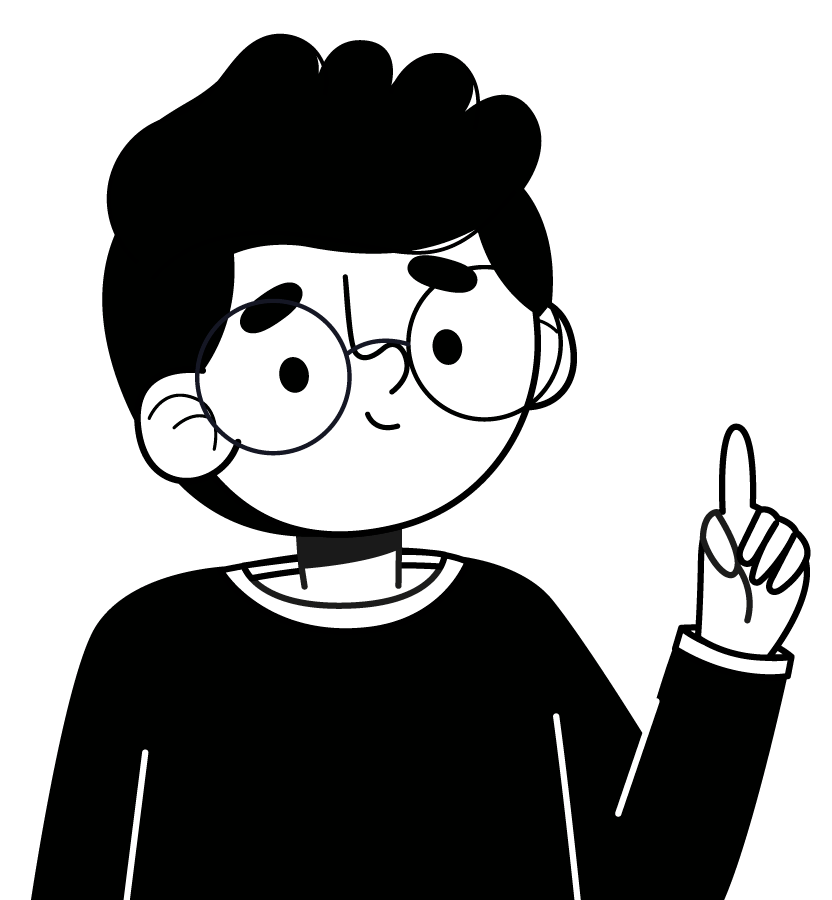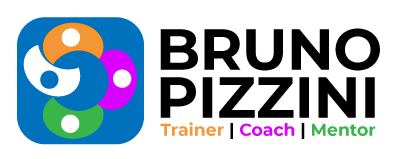In August 2015, I had the chance to work as a full-time trainer on Youth DemoCrazy, a powerful and inspiring training course held in Torino, Italy, and organized by Levitazione. Over six days, we brought together 30 young leaders and youth workers from different parts of Europe, many of them coming from disadvantaged backgrounds or isolated rural areas. The aim was to create a safe and meaningful space to explore topics like discrimination, intolerance, cultural identity, and how young people can become active citizens in their local and European communities.
The name of the project – Youth DemoCrazy – played with the idea that democracy isn’t just a system, but something alive, something that needs to be understood, questioned, experienced, and, most importantly, practiced. We wanted participants to feel that they have a place and a voice in shaping democratic life, no matter their background or challenges.
Throughout the training, we used non-formal education methods to make learning as engaging and practical as possible. I led several sessions, including activities on exploring expectations and fears, a workshop on participatory methods in policy-making, and reflections on cultural diversity using the Iceberg Theory. One of the highlights was the “Model European Parliament,” where participants stepped into the shoes of decision-makers and debated real-life issues affecting their communities.
We talked about discrimination not just as something abstract, but as something many participants had faced firsthand. Together, we explored how cultural identity influences how we see the world – and how others see us. These conversations were emotional, often intense, but always respectful and enriching. Slowly, something beautiful happened: people from completely different realities started to understand each other, connect, and support one another.
As the days passed, participants gained new confidence. They began thinking about their rights not just as something written in laws, but as tools to create real change. Many of them started developing ideas for local and international projects. We introduced them to Erasmus+, discussed how youth exchanges work, and guided them in planning their own initiatives.
For many of the young people in the group, this training was the first time they had ever travelled abroad or spoken openly about their dreams and challenges. Seeing their transformation—from feeling uncertain or unheard, to feeling part of something bigger—was deeply moving and a clear reminder of why youth work matters.
Youth DemoCrazy wasn’t just about learning; it was about growing together, building trust, and discovering how democracy can live in our everyday actions. It was a celebration of diversity, of being heard, and of believing that a better future is possible when we start working for it—side by side.


